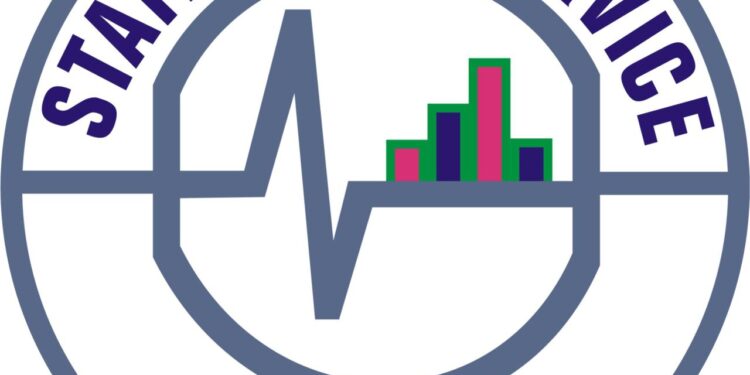The Ghana Statistical Service (GSS) on Friday, 21st November 2025, convened stakeholders for the official dissemination of the Governance Series Wave 2 Report as part of activities marking the 2025 African Statistics Day (ASD). The event, held at the Regional Coordinating Council’s Mini Conference Room, highlighted the theme: “Leveraging innovations in data and statistics to promote a just, peaceful and prosperous society for Africans.”
The Governance Series—an ongoing nationally representative assessment of citizens perceptions of governance, inclusiveness, and institutional integrity continues to serve as a critical tool in shaping evidence-based policies in Ghana. Building on the foundation of its first wave, the newly released Wave 2 findings provide updated insights into how citizens perceive decision-making processes, institutional responsiveness, and corruption trends across the country.
Speaking at the event, Mr. Adosinaba Philip, the Savannah Regional Statistician, led participants through the detailed findings, emphasizing the vital role of data in strengthening accountability and advancing progress on Sustainable Development Goal 16, which focuses on justice, inclusiveness, and strong institutions.
Improved Perceptions of Inclusiveness and Responsiveness
Wave 2 results revealed a notable improvement in how citizens perceive their involvement in governance processes. The proportion of Ghanaians who felt they had a say in decision-making rose significantly from 54.8% in Wave 1 to 68.4% in Wave 2. While this upward trend is encouraging, Mr. Philip highlighted that a considerable share of the population still feels excluded, with perceived exclusion highest in the North East, Upper East, and Northern Regions.
Disaggregated data showed disparities across sex, locality, age, education, and disability status, underlining the need for targeted policy interventions to ensure that all demographic groups are adequately represented and heard.
Decline in Bribery but Persistent Institutional Challenges
On corruption, the Wave 2 report revealed a decline in the proportion of citizens who gave gifts or bribes to public officials dropping from 18.4% to 14.3%. Similarly, the number of citizens who refused bribe requests decreased sharply from 8.5% to 3.0%.
Money remained the most common form of bribery, though the giving of favours in exchange for services increased slightly, especially among women. Despite the overall decline, the data showed that police and utility officials remain the most frequently cited institutions in bribery cases, although significant improvements were noted among certain units, including the Police Criminal Investigation Department (CID).
Policy Recommendations to Strengthen Governance
The GSS recommended stronger collaboration between government institutions and citizens to improve trust and align policies with public expectations. Parliament was encouraged to deepen engagement with constituents to enhance legislative accountability. Additionally, anti-corruption bodies were urged to act swiftly on reported cases and provide feedback mechanisms to encourage citizens to report misconduct.
A Call to Leverage Innovation in Governance
This year’s ASD celebration underscored the importance of harnessing innovative data collection methods such as the Computer-Assisted Telephone Interviewing (CATI) used in the survey to promote transparency and inclusive development. Mr. Philip emphasized that reliable data remains central to building a peaceful, just, and prosperous Ghana.
The event attracted participants from public institutions, civil society organizations, development partners, and the media, all keen to explore the implications of the findings for policy and governance at both regional and national levels.
As Ghana continues to champion data-driven governance, the GSS reaffirms its commitment to producing timely, high-quality statistics that support the country’s development agenda and promote strong, accountable institutions.
Source: Padfm.com.gh/Kumatey Gorden/0243531604

















